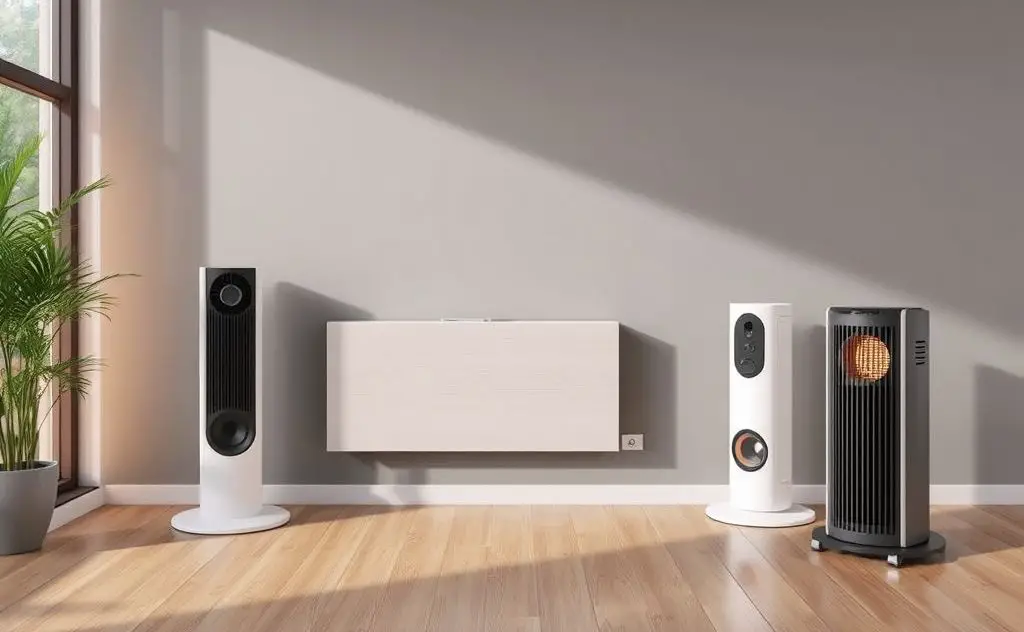The latest advancements in electric heaters include smart technology integration, energy-efficient designs, and improved safety features for enhanced user convenience.
Electric heating technology has evolved dramatically in recent years, offering smarter, more efficient solutions for homes and businesses. From intelligent heat pumps to infrared panels, today’s electric heaters deliver superior performance while reducing energy consumption.

Smart Heat Pump Systems
Modern heat pumps represent the most significant advancement in electric heating technology. Unlike traditional resistance heaters, heat pumps transfer heat rather than generate it, achieving remarkable efficiency gains.
Ductless Mini-Split Heat Pumps
These systems provide zoned heating without ductwork, making them ideal for renovations and additions. The latest models feature:
- Inverter-driven compressors for precise temperature control
- Wi-Fi connectivity for remote operation
- Quiet operation (as low as 19 dB)
Geothermal Heat Pumps
Ground-source systems leverage stable earth temperatures for unmatched efficiency. New installations now use:
- Advanced loop field designs that reduce land requirements
- Smart controls that optimize performance based on weather patterns
- Hybrid systems that combine with solar thermal collectors
For homes considering a switch, our guide to built-in heating systems compares various options.

Infrared Heating Technology
Infrared heaters have evolved beyond basic quartz elements to offer targeted, efficient warmth:
| Type | Advantages | Best Applications |
|---|---|---|
| Carbon Fiber Panels | Instant heat, silent operation | Bathrooms, bedrooms |
| Ceramic Infrared | Durable, even heat distribution | Garages, workshops |
| Far Infrared | Deep tissue penetration | Therapeutic spaces |
Advanced Ceramic Heaters
Modern ceramic heaters incorporate several improvements:
Self-Regulating PTC Elements
Positive Temperature Coefficient ceramics automatically adjust resistance as they warm, preventing overheating while maintaining efficiency.
Multi-Directional Airflow
New designs like the Hunter heater fan combine ceramic heating with optimized airflow patterns for faster room warming.
Energy Storage Heaters
Next-generation storage heaters address traditional limitations:
- Phase-change materials store more heat in smaller units
- Smart charging aligns with renewable energy production
- Improved insulation reduces standby heat loss
Specialty Electric Heaters
Magnetic Induction Heaters
Originally industrial technology, these now appear in residential applications like the VapCap induction heater for precise temperature control.
Graphene Heating Elements
This revolutionary material offers:
- Faster warm-up times than traditional elements
- Superior energy efficiency
- Ultra-thin, flexible form factors
According to Department of Energy studies, properly selected electric heating systems can reduce energy use by up to 75% compared to conventional options.
Smart Control Integration
Modern electric heaters increasingly incorporate intelligent features:
- Machine learning algorithms that predict heating needs
- Integration with home automation systems
- Occupancy sensors for automatic adjustment
- Energy monitoring and reporting
For outdoor applications, consider the wood-stove style electric heaters that combine aesthetics with modern technology.
